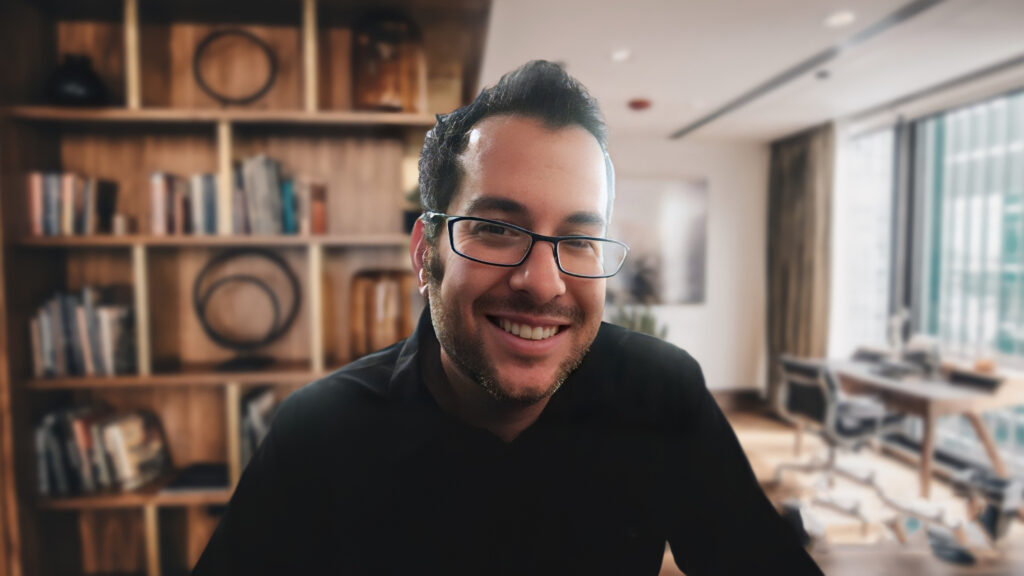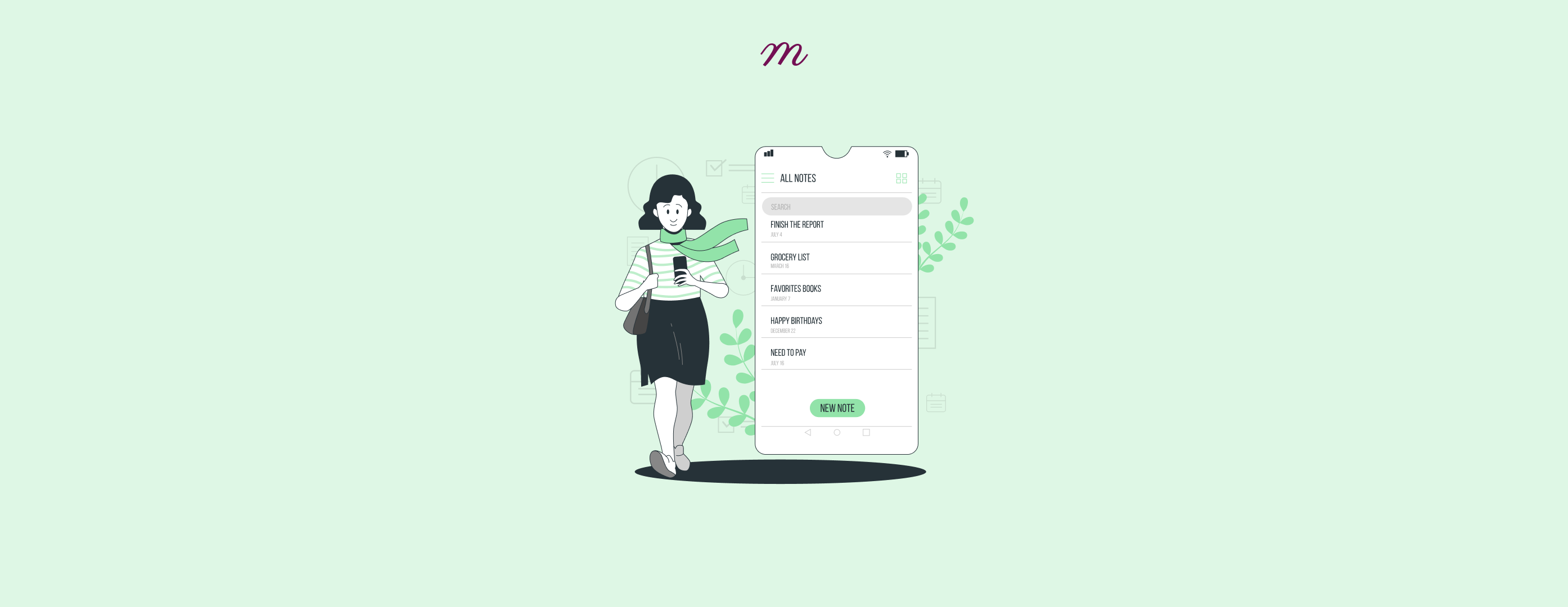Note-taking can be a tedious process for many mental health professionals. It can be time-consuming and knowing what information goes into your notes to protect against insurance audits and prove medical necessity can be overwhelming.
If you’re writing progress notes, the challenges, and limitations associated with neurodiversity can make documenting therapy intakes and psychotherapy sessions difficult. Holding attention and space for your clients and writing what happened in a session can feel like a lot to remember. Many people feel bogged down by keeping up with their documentation, but it doesn’t have to be this way.
If this sounds like you, there are tools and systems you can use to assist you with note-taking. Working smarter with technology and knowing what strategies work for neurodivergent brains can be helpful and make the process of note-taking less daunting.
What is Neurodiversity?
Neurodiversity is a term that’s used to describe a diverse range of conditions describing people whose neurological or mental functioning may differ from what is typical. People who are neurodivergent have different brain functioning than people who are not neurodivergent (which is known as neurotypical).

New! Transfer your notes to EHR with a single click. No more copy-pasting.
There are many conditions associated with neurodivergent people.
These conditions include:
- Autism
- Attention-deficit hyperactivity disorder (ADHD)
- Dyscalculia
- Dysgraphia
- Dyslexia
- Dyspraxia
- Intellectual disabilities
- Bipolar Disorder
- OCD
- Prader-Willi syndrome
- Sensory processing disorder
- Social anxiety disorder
- Cerebral Palsy
- Tourette syndrome
- Williams syndrome
You can learn to manage neurodivergent conditions; however, neurodivergence can’t be prevented, treated, or cured because it deals with how your brain develops. Many people who are neurodivergent are successful. If you’re neurodivergent, your brain works differently than other people’s brains. It doesn’t mean that something is wrong with you. It just means you may have to make some adjustments.
How can being neurodivergent affect my documentation if I’m a mental health clinician?
If you’re neurodivergent, you may have limitations regarding documentation. Let’s say you have an initial intake session, and the client has stated 5-6 goals. While in the session, you’re trying to gather all the necessary background information to treat the client effectively and set collaborative goals with the client, but the client is speaking very rapidly. You’re trying to jot down notes when you can, but you’re lost. You need to clarify some information but can’t get a word in. You might try to remain present with the client and jot down everything they say, but it’s hard to prioritize both tasks simultaneously.
These situations can be very overwhelming for people who are neurodivergent because:
- Many neurodivergent people have trouble processing things quickly
- Many neurodivergent people have difficulty prioritizing tasks or goals
- Writing notes can be overwhelming when you don’t have systems that work
- Remembering and recalling what insurance wants in your documentation can be hard
- You don’t have systems, strategies, or tools that work for you
So, if you’re a neurodivergent mental health professional, you may ask questions like:
- How can I be less overwhelmed?
- What can I do to make documentation easier?
- How do I find systems that work for me?
- What tools are available to help the process?
While everyone has ascribes to different documentation standards, there are things you can do to make the process easier.
Note-taking strategies
If you’re looking for strategies to help with notes, here are some ways you can get better at mental health documentation:
- Body-doubling:Body doubling works wonders for many people, as it is simply having another person with you while working on a task. Sometimes the act of another person being there can make a massive difference because it holds you accountable. Body-doubling may be helpful if you’re looking to get caught up on notes and documentation. Companies like FocusMate provide virtual body doubling services for free, depending on how often you use them.
- Voice-to-text: Humans can talk faster than they can type; voice-to-text options can help you write your documentation from sessions quicker and help you spend less time typing your notes.
- Making a checklist:Making a checklist can be helpful as it helps you understand what pieces of information need to go into your documentation. Some people enjoy checking the boxes or crossing off items, which can help you stay on track with note-taking.
- Collaborative Documentation:Depending on how you practice, some neurodivergent individuals may benefit from collaborative documentation. Collaborative documentation is done with the client in the session. If you provide telehealth services, taking session notes may be easier when you’re with your clients and involving clients in the process can be a useful strategy as well.
These strategies may be helpful for some people who are neurodivergent; however, not everyone will find these strategies helpful. Some people may need more tools to keep up with documentation and note-taking.
Tools for Neurodivergent Clinicians
Neurodivergent mental health professionals can benefit from using various tools to assist them with the documentation required to meet ethical standards, demonstrate medical necessity, and pass insurance audits. These tools make writing progress notes more accessible and can help you spend less time documenting your sessions.
Voice-to-text tools
Voice-to-text tools can be a lifesaver for those who have difficulty typing quickly and provide ease to mental health clinicians. You can most likely talk faster than you can type, so these tools provide speed to process notes.
Some popular voice-to-text options include:
Some tools, such as the Google Docs voice-to-text option, are free to use; others are paid dictation tools, such as Dragon.
Grammar and proofreading software
These tools help you proofread your work, catch grammatical and spelling errors, and can help you fix problems with sentence structure and repetition in your work. When you’re writing progress notes or treatment plans these tools can help you correct mistakes and communicate and document clearly.
Some popular tools that fall in this category include:
Grammarly: Software that checks your writing and helps you proofread. It fixes grammar mistakes punctuation errors, and helps ensure your text is clear and concise.
Hemingway Editor: A writing editor that helps you write clear and “bold” text. It enables you to correct sentence structure and complex sentences.
ProWriting Aid: An editor and grammar-checker that helps you write clear and error-free text.
AI tools
If you would rather not write progress notes at all, there is software that can do it for you. Mentalyc is a HIPAA-compliant software that records your psychotherapy sessions and summarizes your psychotherapy sessions quickly and clearly into a note format of your choice. Mentalyc provides the consent forms you need for your clients to sign, making the process easier.
For Matthew, a neurodivergent clinician who practices in California, Nevada, and Florida, finding Mentalyc was a lifesaver. He discussed barriers to documentation before finding Mentalyc, as he is a neurodivergent clinician who has Cerebral Palsy that affects the left side of his body. He also has Carpal Tunnel from the overuse of one hand.
He expressed relief when he found Mentalyc for the first time, as it was a tool to help him deal with many of the barriers he experienced with documentation.
Matthew states:
“I was looking for something to relieve this difficult task; I was in awe. The first time I saw it, it was like Christmastime. It was what I was looking for.”
In an interview with Matthew, he reported that before finding Mentalyc, he had been searching for a program that writes notes for you, but he wasn’t sure such software existed. He even talked about his experience doing a mock therapy session with his father before using the software in his practice and was impressed with the ease of it all.
If you want to try out Mentalyc, you can sign up here. After uploading your recording, it takes less than 2 minutes for you to have a progress note, saving you significant time and stress.
The Bottom Line:
Neurodiversity encompasses a wide range of conditions in which a person’s brain develops differently from what is viewed as typical. Neurodivergent people don’t have anything wrong with them that needs to be “cured,” however; people who are neurodivergent may experience challenges that neurotypical people don’t encounter.
The key to dealing with neurodivergent conditions as a mental health professional is to use strategies and systems that work for you. Using tools can help alleviate stress and make documentation more accessible. Some potentially helpful tools for neurodivergent clinicians may be editing software, dictation software, and AI note-writing tools.
The benefits of using strategies and tools are that they can save time and energy and keep you from stressing. You might even feel better about your documentation the next time you’re subject to an insurance audit or when an insurance company asks that you document medical necessity. Remember, documentation doesn’t have to be overwhelming, and there are many ways to make it more manageable.
About Matthew Meyers
Dr. Matthew Meyers is a California Licensed Professional Clinical Counselor and Nationally Board Certified Counselor with additional licenses in Nevada and Florida, who serves clients via telehealth. He specializes in anxiety, work-related stress, relationships, and self-esteem.

Sources:
- Cleveland Clinic. (2022). Neurodivergent. https://my.clevelandclinic.org/health/symptoms/23154-neurodivergent
Why other mental health professionals love Mentalyc

“A lot of my clients love the functionality where I can send them a summary of what we addressed during the session, and they find it very helpful and enlightening.”
Therapist

“By the end of the day, usually by the end of the session, I have my documentation done. I have a thorough, comprehensive note … It’s just saving me hours every week.”
CDCII

“It’s so quick and easy to do notes now … I used to stay late two hours to finish my notes. Now it’s a breeze.”
Licensed Professional Counselor

“It takes me less than 5 minutes to complete notes … it’s a huge time saver, a huge stress reliever.”
Licensed Marriage and Family Therapist






